The debate about Biden's age and mental fitness
Some critics argue Biden is too old to run again. Does the argument have merit?
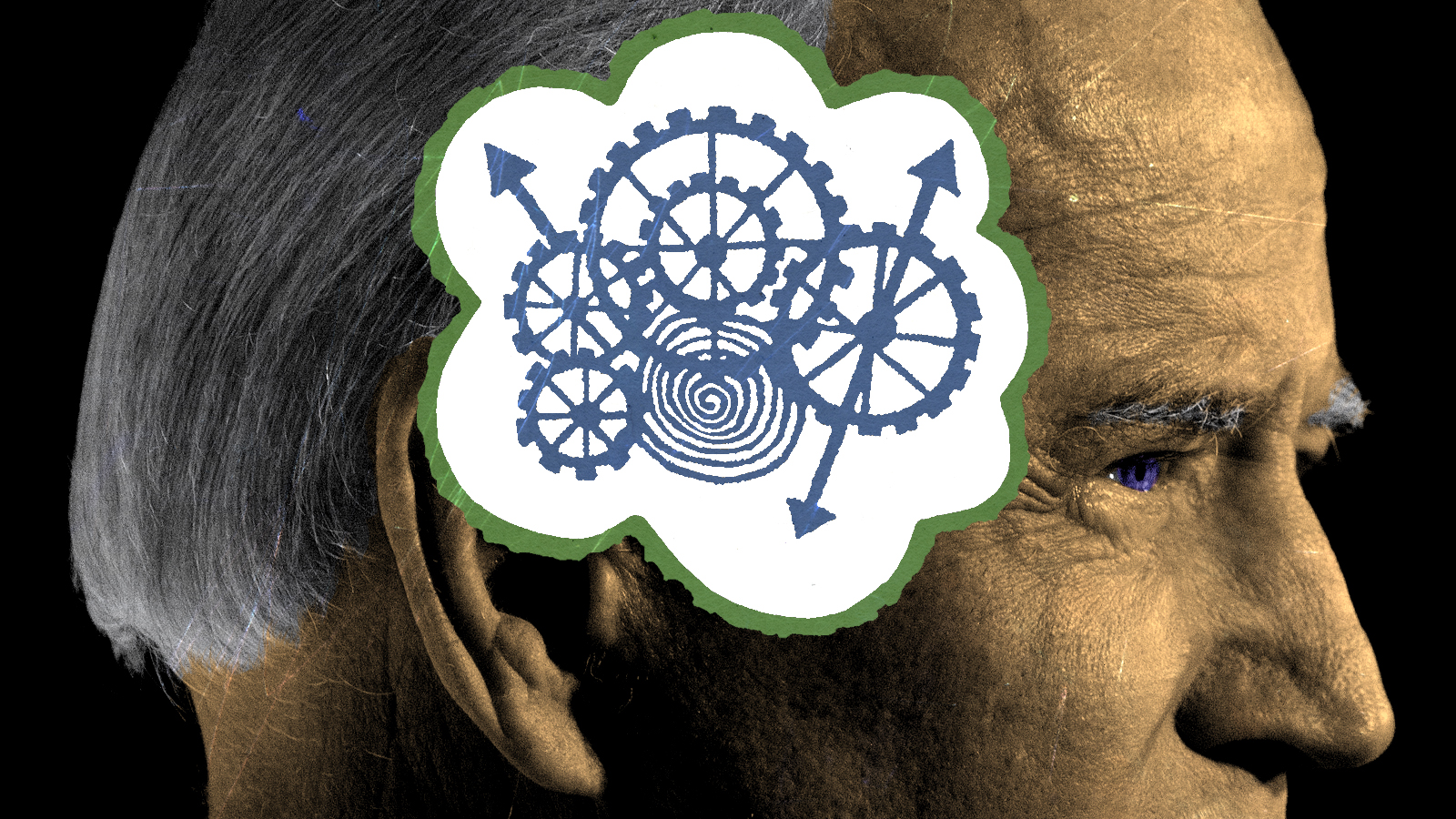
President Biden's physical and mental acuity are once again being called into question. This time after a searing special counsel report said he could convince a jury he was a "well-meaning, elderly man with a poor memory." Special Counsel Robert Hur ultimately decided against criminal charges due to a lack of evidence to prove "beyond a reasonable doubt" that he "willfully retained and disclosed classified materials" after his vice presidency.
Biden continued to dismiss criticism about his competency. "I'm well-meaning, and I'm an elderly man. And I know what the hell I'm doing," Biden said in a press conference. "My memory is fine."
That has not stopped his opposition from piling on. Chris LaCivita, a strategist for former President Donald Trump, said the special counsel's description of Mr. Biden was "damning and defining," per The New York Times. "The report confirms what Americans have been witnessing across their TV screens for the last few years — that an elderly man with a poor memory is leading America into a morass of wars, inflationary disaster and lack of opportunity for taxpaying Americans," LaCivita said.
Subscribe to The Week
Escape your echo chamber. Get the facts behind the news, plus analysis from multiple perspectives.

Sign up for The Week's Free Newsletters
From our morning news briefing to a weekly Good News Newsletter, get the best of The Week delivered directly to your inbox.
From our morning news briefing to a weekly Good News Newsletter, get the best of The Week delivered directly to your inbox.
Biden insists he took his age into account when considering whether to enter the 2024 presidential race. "I took a hard look at it before I decided to run, and I feel good, I feel excited about the prospects," Biden told CNN when asked about the issue, days after announcing his campaign. The most recent report from the president's physician, Dr. Kevin O'Connor, said he was "fit for duty" and "fully executes all of his responsibilities without any exemptions or accommodations." Still, the president's age remains a significant issue for many voters as they consider his bid for a second term.
Why is Biden's age so noteworthy?
President Biden is 80 years old; at age 78, he became the oldest person to assume the presidency in U.S. history. By the end of his term, he'll be 82. Now that Biden has officially confirmed he is running for reelection, he would be 86 by the end of his second term, 12-and-a-half years older than the average life expectancy for an American male, per the Centers for Disease Control and Prevention. Ronald Reagan began his second term at the age of 73 and is widely believed to have suffered from Alzheimer's toward the end of his presidency. The median age of American presidents on Inauguration Day is 55.
Is he showing signs of cognitive decline?
Not necessarily. Biden frequently stumbles over his words, but that could be at least partially because of his history with a stutter. In an interview with PBS, journalist John Hendrickson described Biden's stutter and his lifelong struggle to control it as the president's "most visible weakness" but also "the main source of his grit and determination."
In a 2022 op-ed for The Hill, opinion contributor Marc Siegel, M.D., noted that "at least 15% of those over the age of 75 have some cognitive impairment." He also said that the president has several risk factors that could increase the likelihood of cognitive issues, and that the doctor's report following Biden's physical in November 2022 found "a significant worsening in the president's gait, which in some cases can be related to degenerative disease in the brain or the spinal cord." That report also concluded that Biden was "fit to successfully execute the duties of the presidency."
What are commentators saying?
It might be "deeply unfair" to make assumptions about Biden's capacity to do his job because of his age. In his case, "it's impossible to deny that politics and conspiracy theories, rather than facts, fuel at least some of the concern," The New York Times editorial board opined. Still, Biden and other candidates should not pretend that "advanced age isn't an issue." As Biden runs for reelection, he "will need to provide explicit reassurance to voters; many of them have seen family members decline rapidly in their 80s."
Democrats should see Biden's advanced age "as a not ideal situation but one that's better than the likely alternatives," Matthew Cooper wrote in Washington Monthly. While Biden's satisfactory health reports have been "less than reassuring," he has "been able to do the job well, and he's done it in better physical shape than previous presidents who overcame worse infirmities," such as Ronald Reagan, Franklin D. Roosevelt and Woodrow Wilson. "Barring a cataclysmic health decline," Cooper added, "Biden will be in better shape in a second term than Reagan, FDR and certainly Wilson." Biden's age may be "unprecedented," but so would losing with his record.
Based on his unpopularity in polls from the spring of 2023, The Wall Street Journal's editorial board concluded that the public understands how "electing an octogenarian in obvious decline for another four years could be a historic mistake." Asking people to elect a man who is already the oldest president to hold office is a "risky act that borders on selfish," the board wrote at the time, and the president's "decline is clear to anyone who isn't willfully blind."
What does polling show?
When Biden was a candidate in the 2020 race, his relatively strong debate performances and pandemic-driven minimalist campaign strategy inspired confidence that, despite his age, he was still in full command of his faculties. Just before the 2020 election, voters "believed [Biden] was mentally fit by a 21-point margin," Politico reported. That confidence didn't last. By November 2021, 48% of voters said Biden was mentally unfit for office. Three months later, that number was up to 54%, per a poll from The Washington Post and ABC News.
As the country inches closer to the 2024 election, the renewed interest comes as his age continues to unsettle voters. Three-quarters of registered voters, including Democrats, said they were concerned about Biden's mental and physical health in the latest national NBC News poll. Comparatively, 61% of voters said they have concerns about Trump's felony charges, and only 48% had concerns about his mental and physical health, NBC News said.
The findings were "essentially unchanged" from last fall, when the NBC News poll first asked about those concerns. "Four more months of attention to Trump's legal issues have not budged these numbers, with more focus on President Biden's mental and physical health," said Republican pollster Bill McInturff, who conducted the NBC poll with Democratic pollster Jeff Horwitt. NBC surveyed 1,000 registered voters from Jan. 26 to Jan. 30. Results have a margin of error of +/ 3.1 percentage points.
A free daily email with the biggest news stories of the day – and the best features from TheWeek.com
Grayson Quay was the weekend editor at TheWeek.com. His writing has also been published in National Review, the Pittsburgh Post-Gazette, Modern Age, The American Conservative, The Spectator World, and other outlets. Grayson earned his M.A. from Georgetown University in 2019.
-
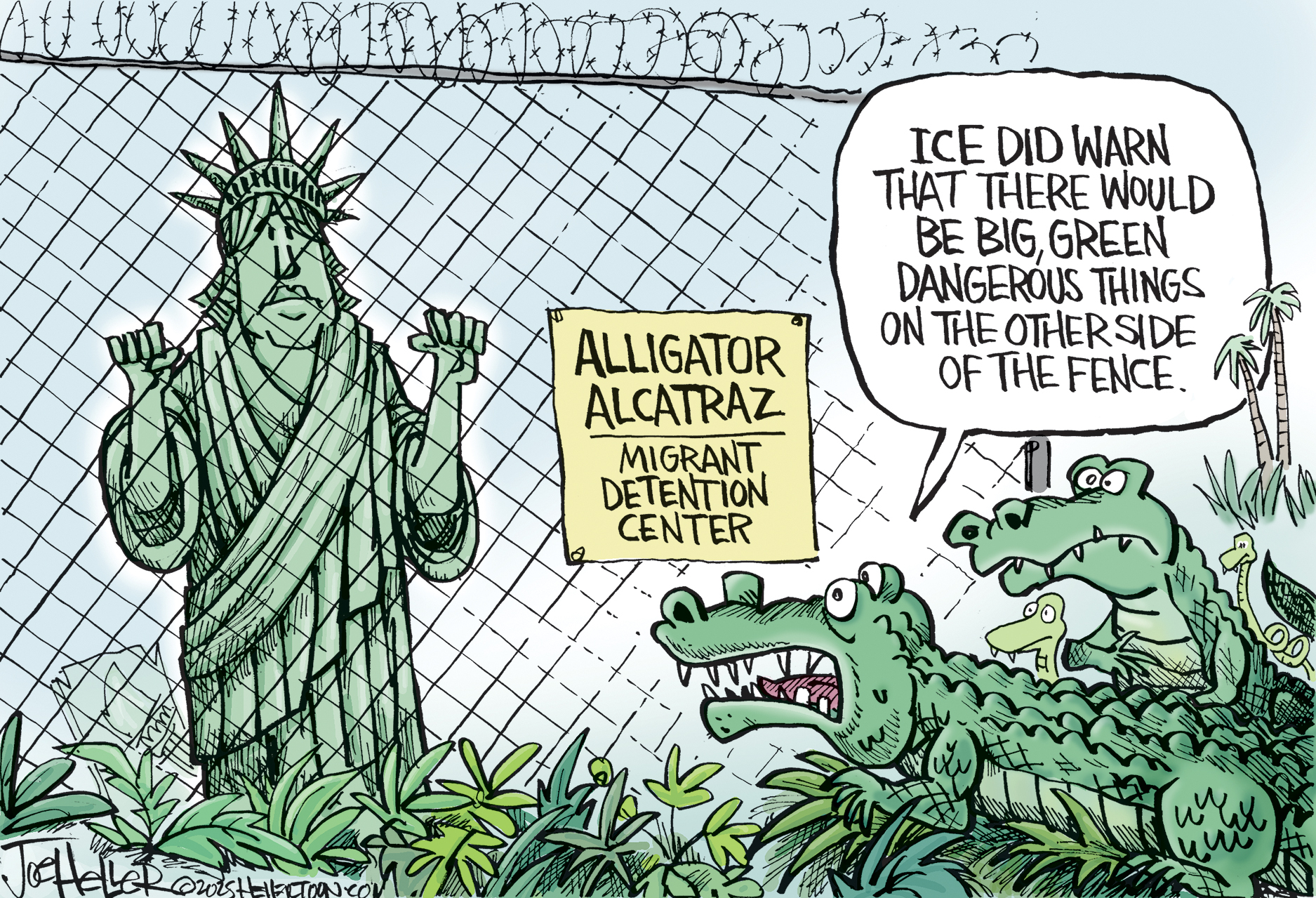 5 biting editorial cartoons about 'Alligator Alcatraz'
5 biting editorial cartoons about 'Alligator Alcatraz'Cartoons Artists take on dangerous green things, historical precedent, and more
-
 A journey into the deep past on beautiful Arran
A journey into the deep past on beautiful ArranThe Week Recommends New Unesco Global Geopark played a 'key role' in the birth of modern geological science
-
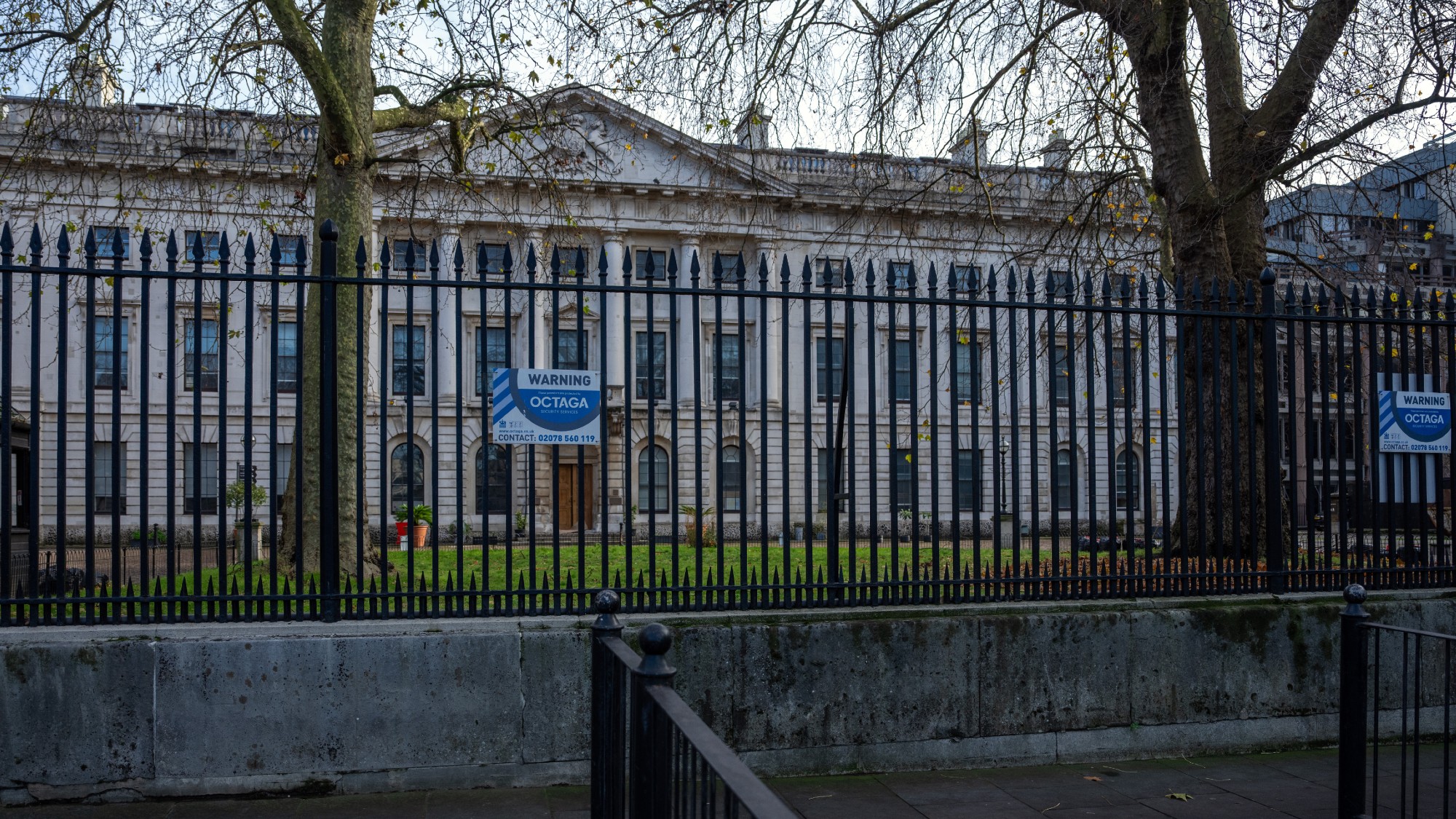 China's London super-embassy
China's London super-embassyThe Explainer The People's Republic wants to build a massive new embassy in central London, and a lot of people aren't happy about it
-
 How will Trump's megabill affect you?
How will Trump's megabill affect you?Today's Big Question Republicans have passed the 'big, beautiful bill' through Congress
-
 How successful would Elon Musk's third party be?
How successful would Elon Musk's third party be?Today's Big Question Musk has vowed to start a third party after falling out with Trump
-
 The last words and final moments of 40 presidents
The last words and final moments of 40 presidentsThe Explainer Some are eloquent quotes worthy of the holders of the highest office in the nation, and others... aren't
-
 How Zohran Mamdani's NYC mayoral run will change the Democratic Party
How Zohran Mamdani's NYC mayoral run will change the Democratic PartyTalking Points The candidate poses a challenge to the party's 'dinosaur wing'
-
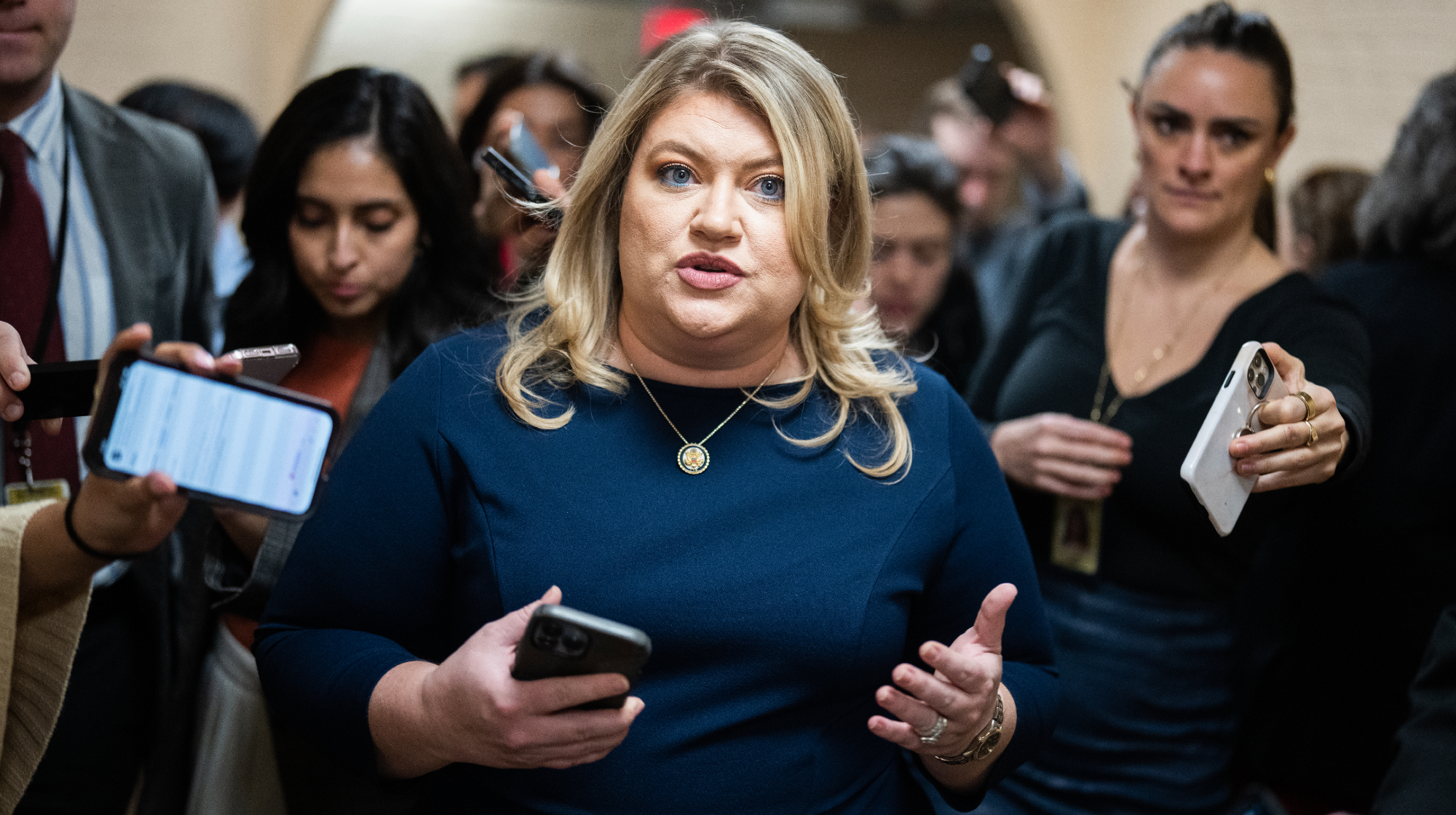 The ambiguous legal state of ectopic pregnancy care
The ambiguous legal state of ectopic pregnancy careThe Explainer Rep. Kat Cammack's accusations of 'fearmongering' are the latest example of how mixed messages are complicating the debate around abortion
-
 'Self-segregation by political affiliation is spreading'
'Self-segregation by political affiliation is spreading'Instant Opinion Opinion, comment and editorials of the day
-
 Army commissions tech execs as officer recruits
Army commissions tech execs as officer recruitsIN THE SPOTLIGHT Some of the tech industry's most powerful players are answering the call of Uncle Sam
-
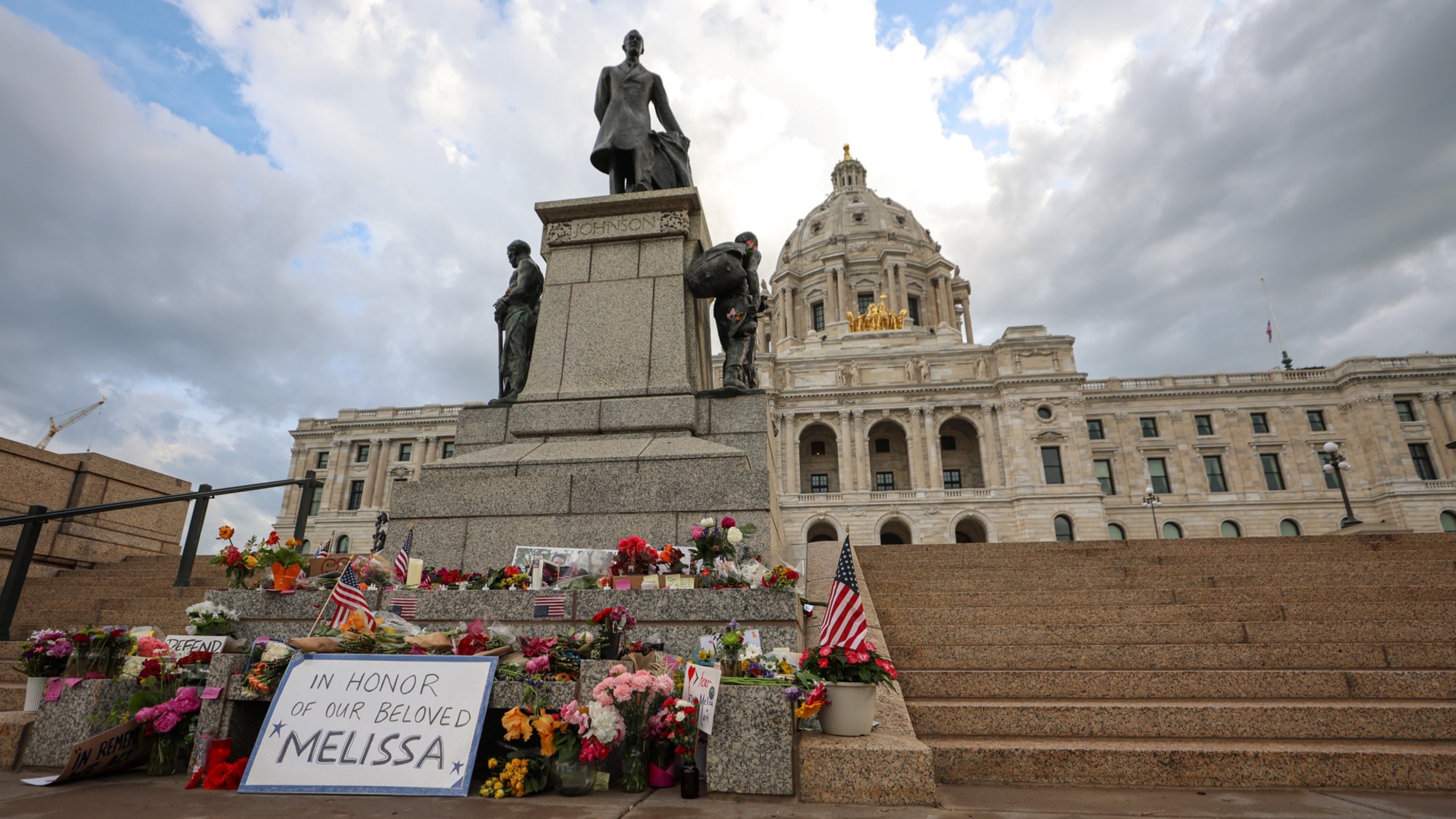 'The Minnesota attacks join a grim catalog of political violence'
'The Minnesota attacks join a grim catalog of political violence'Instant Opinion Opinion, comment and editorials of the day


